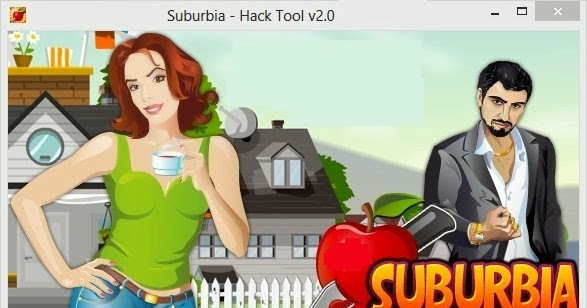

And in a game based heavily around number-crunching strategy, there are few excuses for delivering such tepid digital opponents. It's possibly because the AI is so poor that no one bothered testing it. Why do I start AI games under "pass and play"? Why do I have to confirm that I'm ready to start my turn when playing against the AI? But the whole thing is plagued with other usability niggles. Thankfully, the app includes a comprehensive rulebook, and the game is easily learned. You might be expecting a reputation gain, only to see a nasty red penalty when you try the tile in place. Unfortunately, this lovely usability gain compounds a poor tutorial, which may leave you completely puzzled as to the reasons why those little numbers show the values they do. But in this app version, it's all smugly rolled up into a helpful little tooltip. I can only imagine this being a tedious nightmare in face to face play. This means every turn there's a colossal number of different factors at play when you make your choice about which tile to buy, and try to figure out how it'll affect your position. Municipal Airports, for instance, reduce your reputation by one for each adjacent residential tile, whenever you build it, and add one to your income for every airport tile in the city whenever and wherever you place it. One of the defining features of the game is the way that tiles you add can have knock-on effects based on things you built many turns before. It's a classic balancing act, very typical of modern boardgame design.

REPUTATION SUBURBIA GAME SERIES
And there are a series of randomly drawn bonuses on offer for things like most residential tiles or lowest residual cash. You'll need businesses to generate income to pay for tiles, and civic works like schools and parks to build your reputation, which attracts more people to your burgeoning metropolis.īut as your population grows, the city gets crowded and inefficient and your income and reputation drops. To achieve this you have to balance a host of factors. The aim is to construct a city from hexagonal tiles - because all real cities are built in hexagons, naturally - and attract the largest possible population. I've never played the physical Suburbia boardgame, but having played the app I'm struck by how dry and fiddly it must be.


 0 kommentar(er)
0 kommentar(er)
